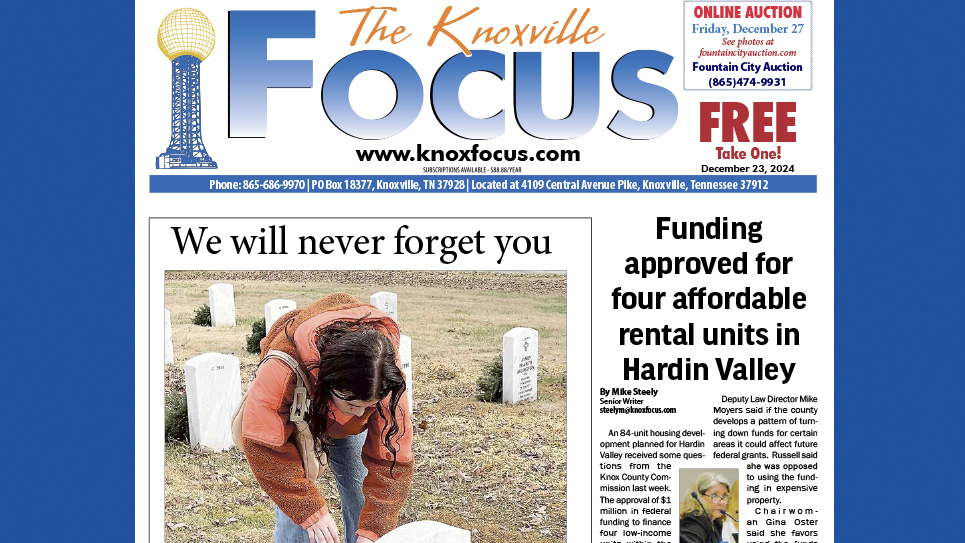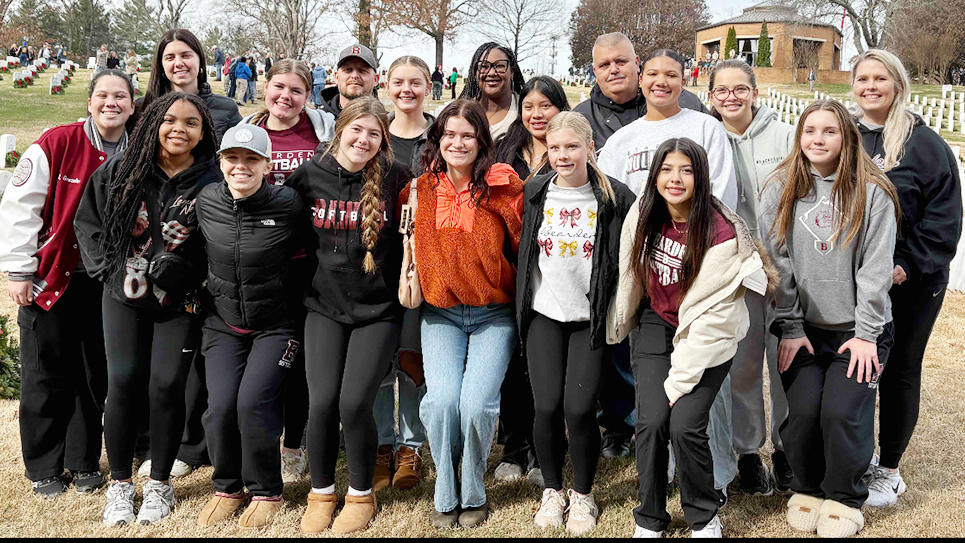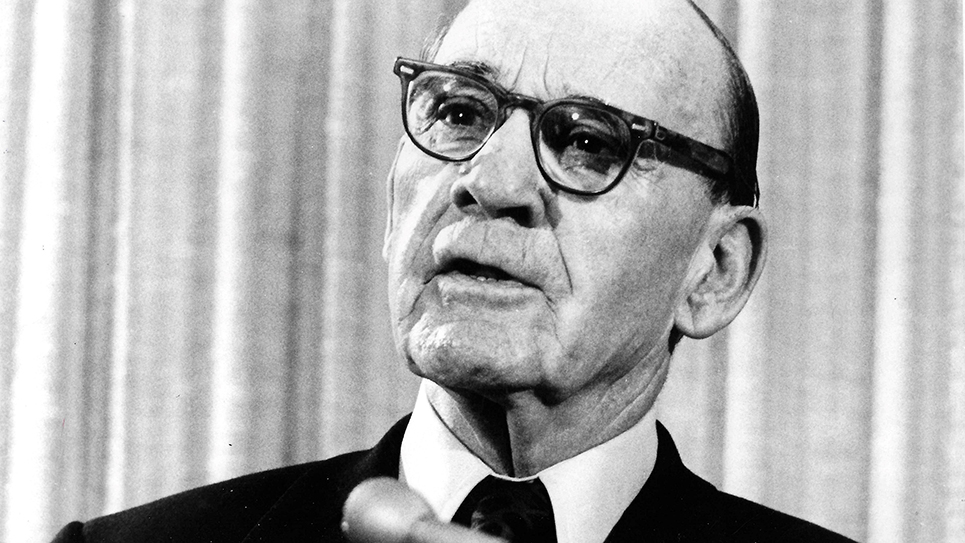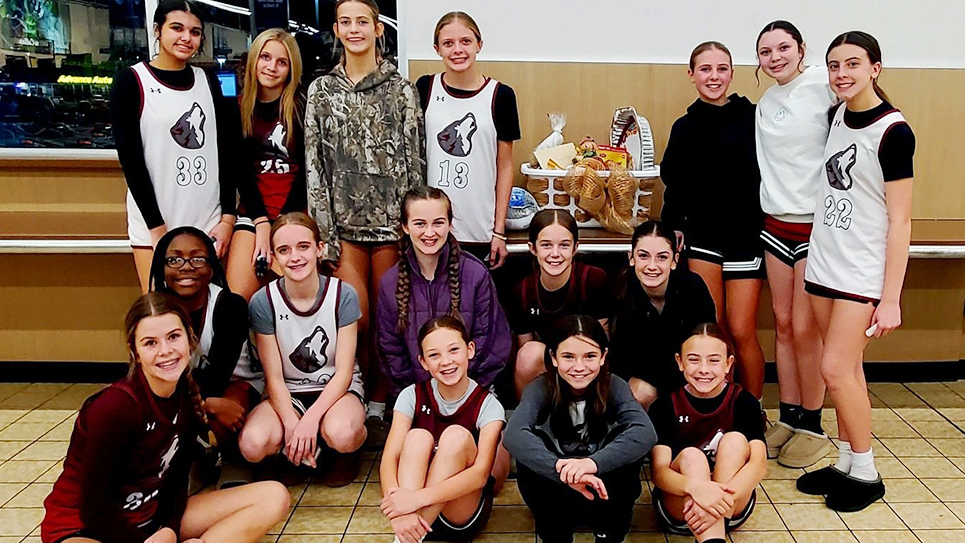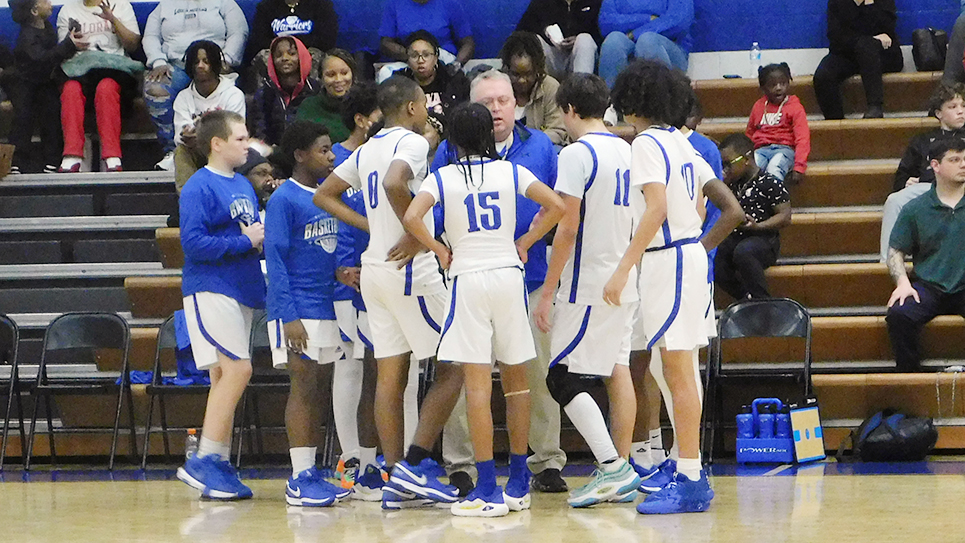By Joe Rector
It’s those sounds from childhood that stay with us for a lifetime. Even when every curtain in the house was pulled and the only light on in the house was the one in the bathroom, we boys knew when Daddy came home.
It was that sound of white gravels in the driveway crunching under the tires of a ’54 Chevy that announced his arrival.
My dad had little education, but he was wise beyond what he might have learned from books.
However, a sixth grade education limited his options until he found steady employment at Southern Extract, a paper-making plant located in Lonsdale.
Most Knoxvillians knew of the company’s existence because the foul smell that filled the air along the I-75 Coster Shop Bridge originated there.
Out the door we flew to greet him. Dal Rector wasn’t an overtly affectionate person. The truth is that I remember a scowl across his face more than any other expression.
It came from a hard life running the cookers at Southern Extract, too little money in each paycheck, and poor health that came from the noxious fumes of chemicals used to make the paper products.
One of us boys retrieved the damp towel from the back floorboard of the car.
It wrapped around his work clothes. His attempt to never bring the stench of the mill home failed because those clothes reeked with it.
Ironically, that odor was met with a flood of memories after Daddy died, and we rolled our windows down as we drove by as if doing so brought back a little piece of him.
Those gravels crunched at different times during the day as shift work wreaked havoc on our family. Sometimes they sounded the alarm at 5:30 a.m. before the sun rose.
We lay in bed still snoozing before rising for another day of school.
His shift began at 7:00 a.m., but Daddy always liked to arrive early and ease into the work day.
The second shift had him leaving the house just before we arrived home from school. His arrival came after we’d gone to bed.
For a week, sometimes longer, we never saw our dad, and Mother was left to herd thee boys to suppers, homework, and baths. I’ve often wondered how much strain that second shift placed on my parents’ relationship.
The sound from the driveway didn’t wake us, but on those late night occasion, a squeak from the kitchen door hinge announced Daddy’s arrival.
Evenings would bring the sound of car tires rolling across those stones as he left for the graveyard shift. Winters often muffled the gravels as a snowfall covered the driveway and roads.
Regardless of how bad the weather was, Daddy drove to work after installing chains that replaced the gravels’ crunches with clanks and thunks as metal hit pavement and wheel wells. He’d come home in the mornings and talk with us just a little bit before heading to bed.
During summers we were cautioned to be quiet as he slept during the mornings and into the afternoons.
Mother and Daddy bought an air conditioner for their bedroom window to cool the temperatures for sleeping and to drown out the noise from boys whose attempts to be quiet so often failed.
The deadly mix of cooking chemicals and a couple of packs of Winston cigarettes each day eventually laid him low.
Even as he battled what his family doctor diagnosed as allergies but, in fact, was lung cancer, Daddy plodded across the yard, fired up the car, and drove to the work he’d done his entire adult life.
Before long, those drives ended as the cancer ate away at his body and spirit.
The last time we heard those gravels speak was when the ambulance hauled him to the hospital one last time.
After he passed, we boys would lie still in our beds and pray to hear the crunch of those gravels just one more time. It was a sound that had assured us as small children at a time when our family was whole.
Nearly 50 years later, that crunching is still crystal clear in my memory’s ears.

